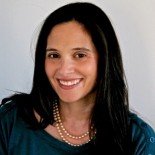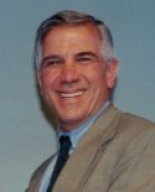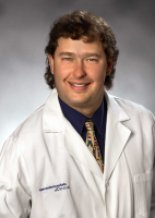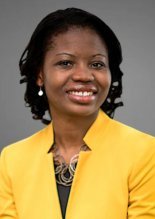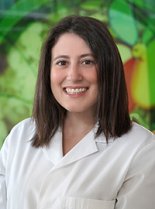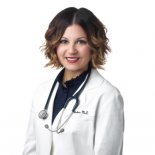How to Survive Temper Tantrums

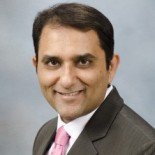 It’s your worst nightmare. Your child throws a tantrum in a public place. You’re stressed out and are ready to have a tantrum of your own.
It’s your worst nightmare. Your child throws a tantrum in a public place. You’re stressed out and are ready to have a tantrum of your own.How can you deal?
The most difficult -- yet most important -- thing to do is to ignore your child during the temper tantrum. See if the tantrum dies down.
If that doesn’t work, divert your child’s attention. Remove him from the environment. This may be tough because you’re pressed for time and are in a public place for a purpose. Leaving that environment shows him that you mean business.
You may have to physically move your child. There could be thrashing and resistance. Try hugging him to calm him down. Talking to him might not work until he is calm.
Don’t make false promises or threats. Uphold your rewards and consequences so your child knows your promises have integrity.
Maintain your composure. Enlist the help of your spouse or partner. Make sure you’re both on the same page with rewards and consequences.
The good news is that kids tend to outgrow the tantrum phase. If the tantrums are greatly stressful for you as a parent, speak with a professional.
Listen as Dr. Naveen Mehrotra joins Melanie Cole, MS, to advise on dealing with temper tantrums in this encore episode from March 2017.

